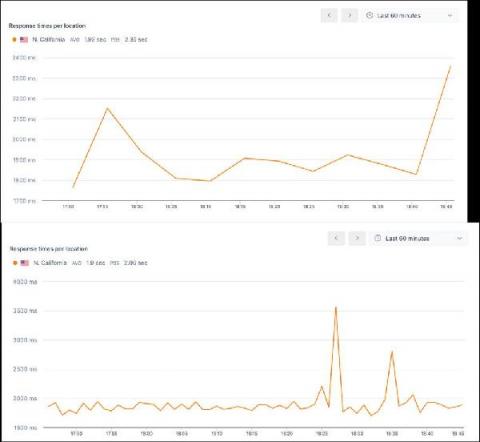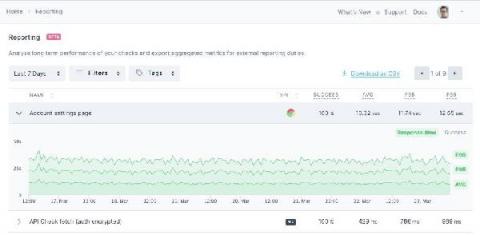How we added custom languages, code completion and highlighting to the Monaco editor
We've recently launched a brand new in-browser editor for our browser check creation experience! Browser checks are Javascript-powered Playwright/Puppeteer scripts that run on deploy or on a schedule for testing and monitoring websites and web apps. While this new experience centers around an upgraded text editor, it is much more than just that.The new browser check creation experience builds on the popular Monaco editor from Microsoft, which also powers VS Code under the hood.










